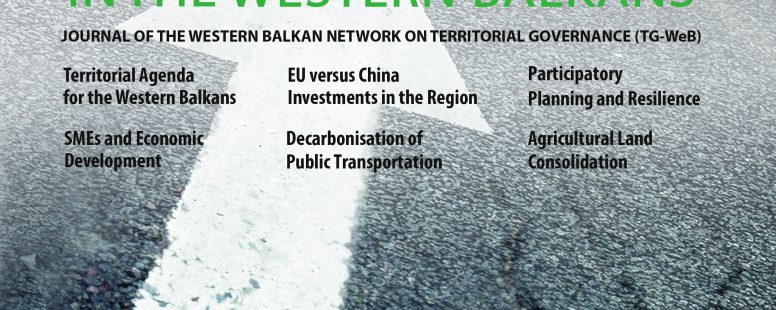Socio-economic Effects of COVID-19 in Bulgaria: A Spatial Analysis
Annual Review of Territorial Governance in the Western Balkans, II, 2020, 96-117 Journal Hristo Dokov, Kalina Milkova, Ivaylo Stamenkov Summary This paper studies the socio-economic effects of COVID-19 in Bulgaria to uncover their multidimensional forms and provide a broad picture and empirical evidence of the inflicted changes. Based on available information and data as of the end of August 2020, the paper aims to uncover the key factors that drive

